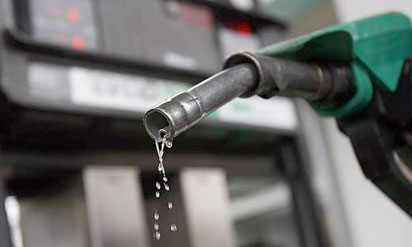THE GUARDIAN
CBN’s overdraft gulps N1.2 trillion
• Revenue performance below 70 per cent
• Fiscal deficit hits N25.5 trillion in less than eight years
• Maturing debt fund account receives no allocation in nine months
• Inflation hits 22.79, far below experts’ projection
• Economists balk at NBS’ inflation reading, call for integrity test
Nigeria’s grave fiscal position for the 2022 financial year became clearer yesterday, as latest data showed that of N4.26 trillion total revenue available for financing the 2022 budget in the first three quarters of last year, a colossal sum of N4.23 trillion went into debt financing.
The figure, contained in the budget performance report prepared by the Office of the Accountant General of the Federation (OAGF) and the Budget Office, has effectively raised the country’s debt service to revenue ratio to 99.2 per cent – the highest the country would record for a similar time horizon.
The figure is close to 10 percentage points higher than the estimated 80.6 per cent (covering January to November) captured in the 2023 budget document. The document said the Federal Government had spent N5.24 trillion servicing its debt obligations to different local and foreign creditors.
No Title
No Description
In the first four months of the year, the debt service to income ratio was over 100 per cent but the spike was cancelled subsequently.
Country Director of the World Bank, Shubham Chaudhuri, had warned that the proportion of government’s revenue going into debt service cost would continue to trend upward in the next five years and balloon to 160 per cent in 2027, unless radical reforms are taken.
The ratio spiked post-COVID-19, hitting 76 per cent in 2021. There have been concerns, but the government explains that its debt accumulation has been modest, except that revenues have failed to grow to match spending.
About 28 per cent of the debt service cost for the first three quarters or N1.2 trillion, according to the document released at the weekend, went to the controversial ways and means (W&M) facilities granted by the Central Bank of Nigeria (CBN).
Domestic debt gulped N2.15 trillion in servicing while N871 billion was provisioned for foreign debt in the nine months.
The actual cost of debt service was 41.9 per cent higher than the pro-rated estimate of N2.98 trillion captured in the approved budget.
In the 2022 budget, the government budgeted N292.7 billion for sinking funds to retire maturing debts. But for the first three quarters not a single naira remitted was put aside.
READ THE FULL STORY IN THE GUARDIAN


